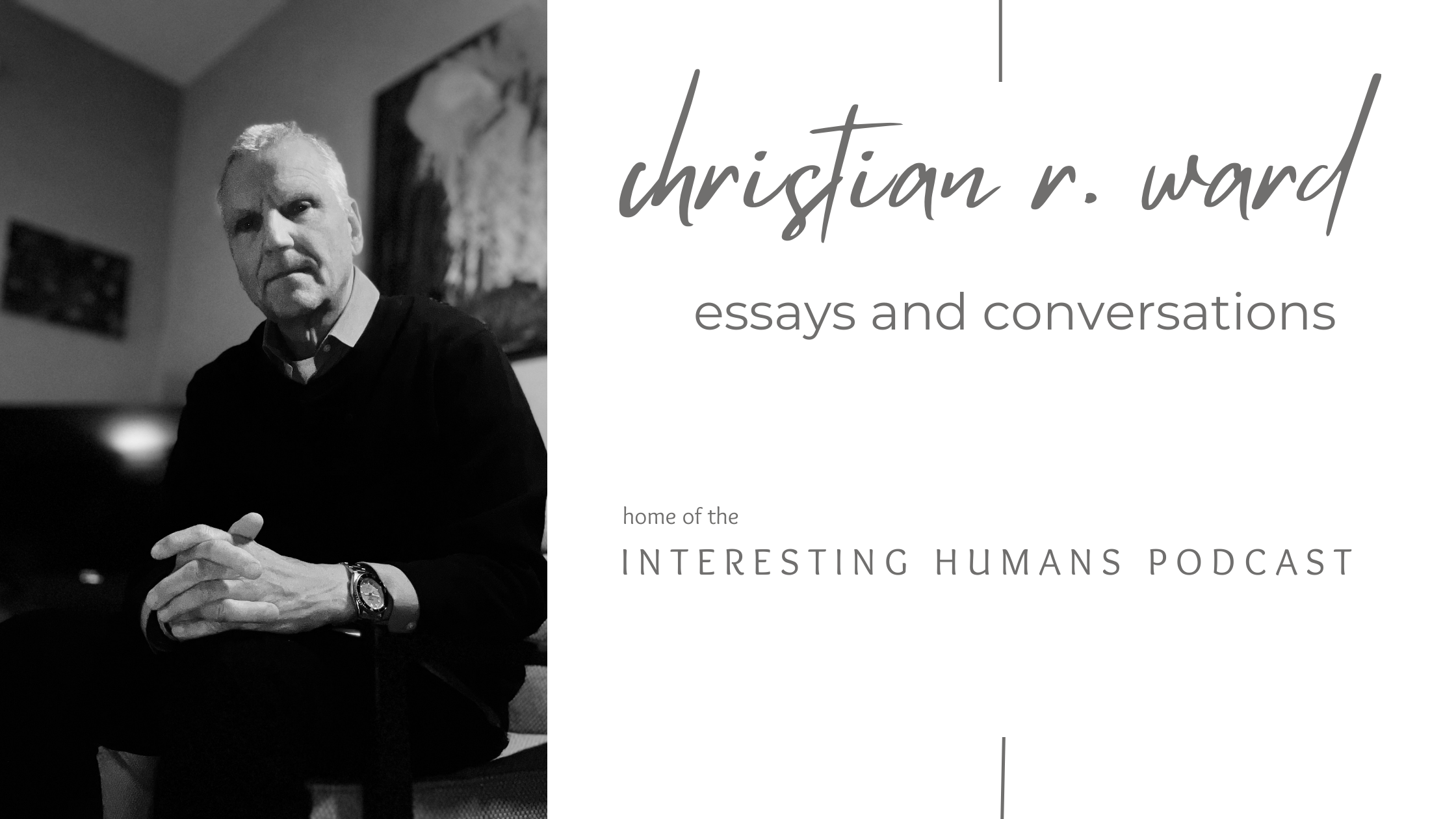Last updated on 8 December 2020
Share this
Something just out of my reach has been bothering me. A couple of years ago during a 31-mile run as I was training for my first 50K, I got this little niggling pain in the back of my thigh. It wasn’t enough to stop but it was annoying and took a lot of the enjoyment out of it. At first I stopped and stretched, thinking I was cramping. It didn’t help. It felt like someone was poking an awl into the back of my leg, just enough to distract me.
What should have been for me a pleasant easy run was literally a pain in the ass. This notion is like that poking an awl into my psyche.
The brilliance of our minds is our ability to clarify vague thoughts by pulling from the river of words running through our brains. It is as if by plucking the right words out of this thought-river and assembling them in the right order we are given the gift of clarity. Take vague notions we can’t quite pinpoint and, with a little further thinking, aha! the clarity of our feeling is there.
This is how I think. The river of disconnected words/thoughts flows fleetly through my mind. Occasionally, some get stuck in an eddy along the bank and draw my focus. Then they’re gone. A little niggling in my psyche.
But I think now, finally, I’ve captured it. I am able to pluck enough words and put them together to build this thought and it has led me to my first quit as I move into the new year:
Why can’t we mourn our pasts like we mourn a good friend who passes? Why not say good-bye to troublesome ideas of our past just like a person who has gone to dust?
I’ve spent close to a decade in angst over how I didn’t do things “right” in the past. I’ve lamented all the lame choices I made and all the things that went awry for me and all it has done has led my life to feel close to failure in the present. It’s time to treat the past like the passing of a friend with whom I was once close but no longer.
Elisabeth Kubler-Ross’ famous treatise on mourning delineates five stages of grief: denial, anger, bargaining, depression, acceptance.(http://en.wikipedia.org/wiki/Elisabeth_Kübler-Ross)
Could we apply this concept of the stages of grief to our own pasts so that we might live better today?
I am way past denial but clearly not to acceptance. I have been angry at myself for poor, uneducated choices and I’ve negotiated with myself unsuccessfully to see my past in a different, less painful light. The bargaining is an attempt to be gentler over not achieving a significant career, two failed marriages, and the challenges of being the right kind of father to my daughters. Sometimes I have been so weighed down by my notions that I’ve slid into depression. It got so bad at one point my my ex-wife recommended I go back onto medication.
But does this make sense for living moving forward?
My mom died of pancreatic cancer in 1982 and I spent 10 years moving through the various stages of grief, alternating between going forward and regressing. Eventually, I landed somewhere near acceptance and have lived that way ever since.
So why can’t I do the same with my grief over my past? Why can’t I see the past as simply a period in my life that ended? Why can’t I view it with some detachment as a part of me without defining who I am? Gordon Livingston said in his book Too Soon Old, Too Late Smart: You are what you do.
So isn’t what we do today more important than what we did in the past when we made the choices we did with the information at hand then?
Maybe a letter would work:
Dear past,
I’m writing to you to finally say good-bye. You meant a lot to me when you were my present. You are causing too much pain now and I think it’s time I moved on. You were once very important to me and will always be a part of me.
P.S. Please make room for Guilt. He’s coming to rest forever along with you.
Sincerely,
Me in the present
Or I could eulogize in tribute:
I’m here to speak about my past. To clearly see the past you have to understand its goodness and understand that it was also flawed, like each of us. It had shining moments of promise for the future and impacted people, as you all are here to celebrate the good of my past. But it was not perfect and its blemishes are as much a part of it. We can value the past for all that it represents for each of us while not forgetting its wrong choices, weakness and anger.
To say good-bye to the past is to honor its memory.
Or something like that.
I’ve learned enough about growth to know that focusing on the past makes it nearly impossible to live in the present, a much healthier endeavor. I won’t deny how important my past has been in creating who I am. No longer, however, will I dwell on all I feel I have done wrong.
It is time to stop criticizing myself for how I lived, thought and breathed in my past and allowing that to dictate how I live now. It is time I wrapped the past in a nice bow and buried it. The past is passed. I quit that.


